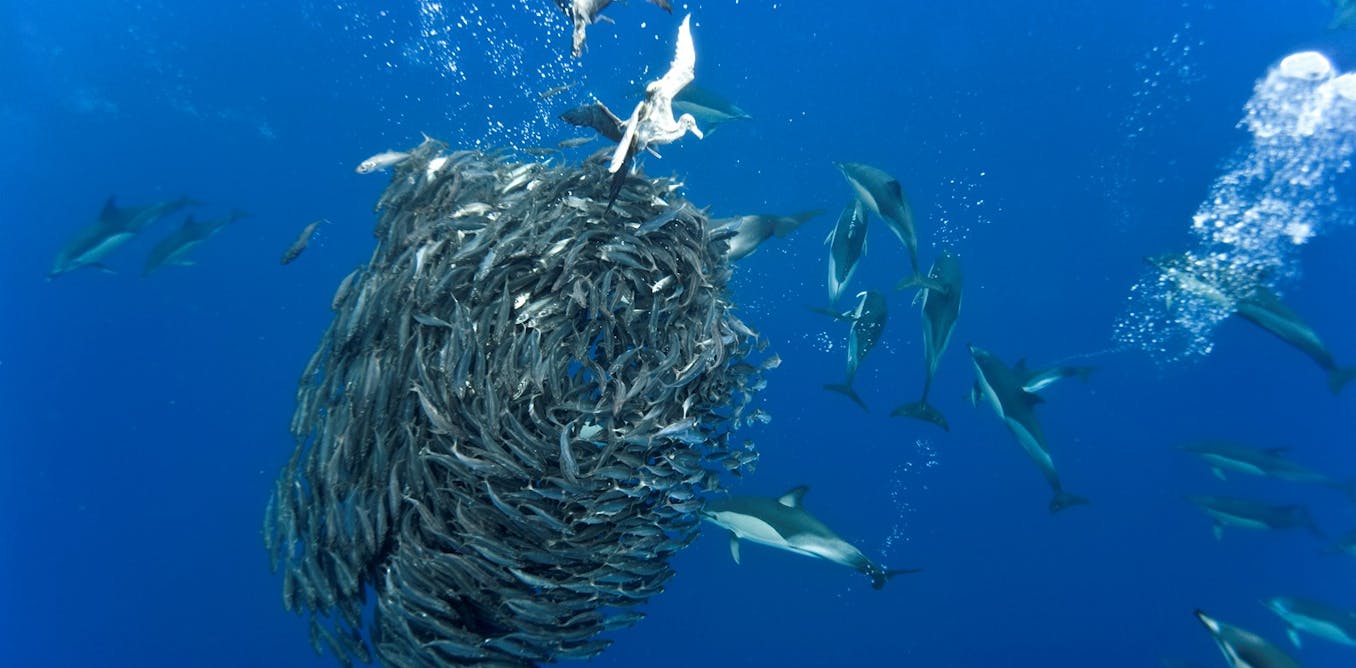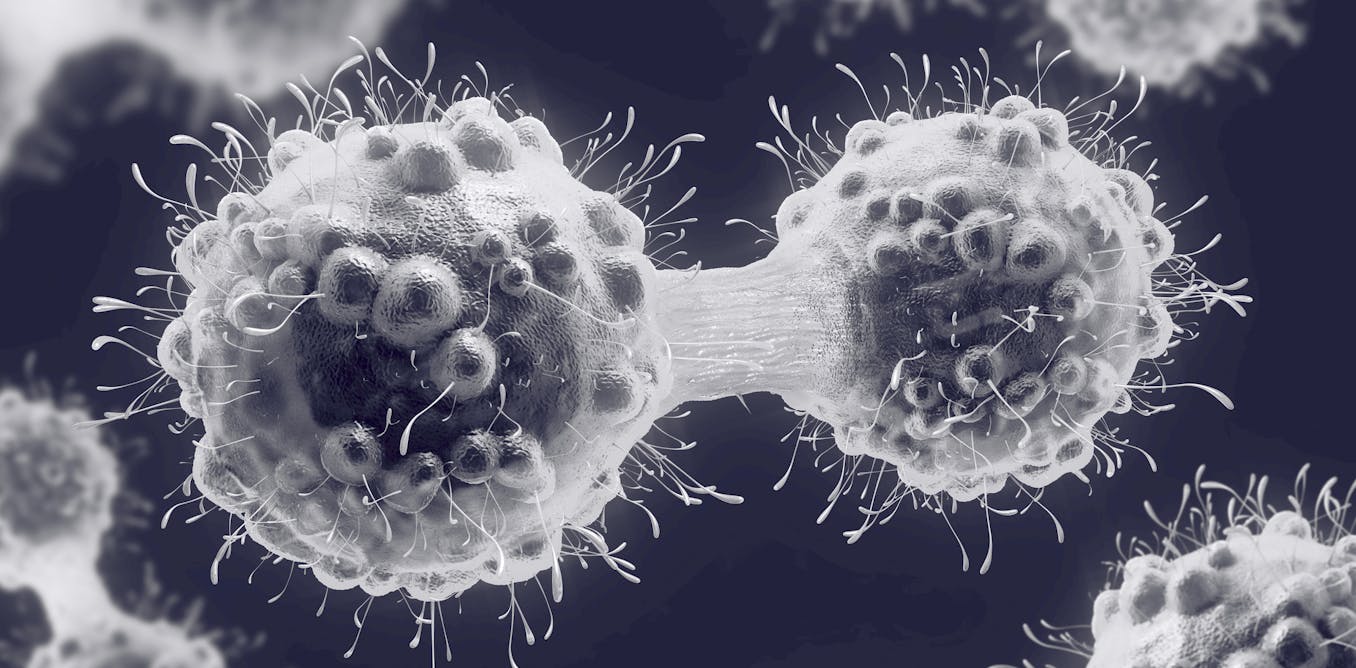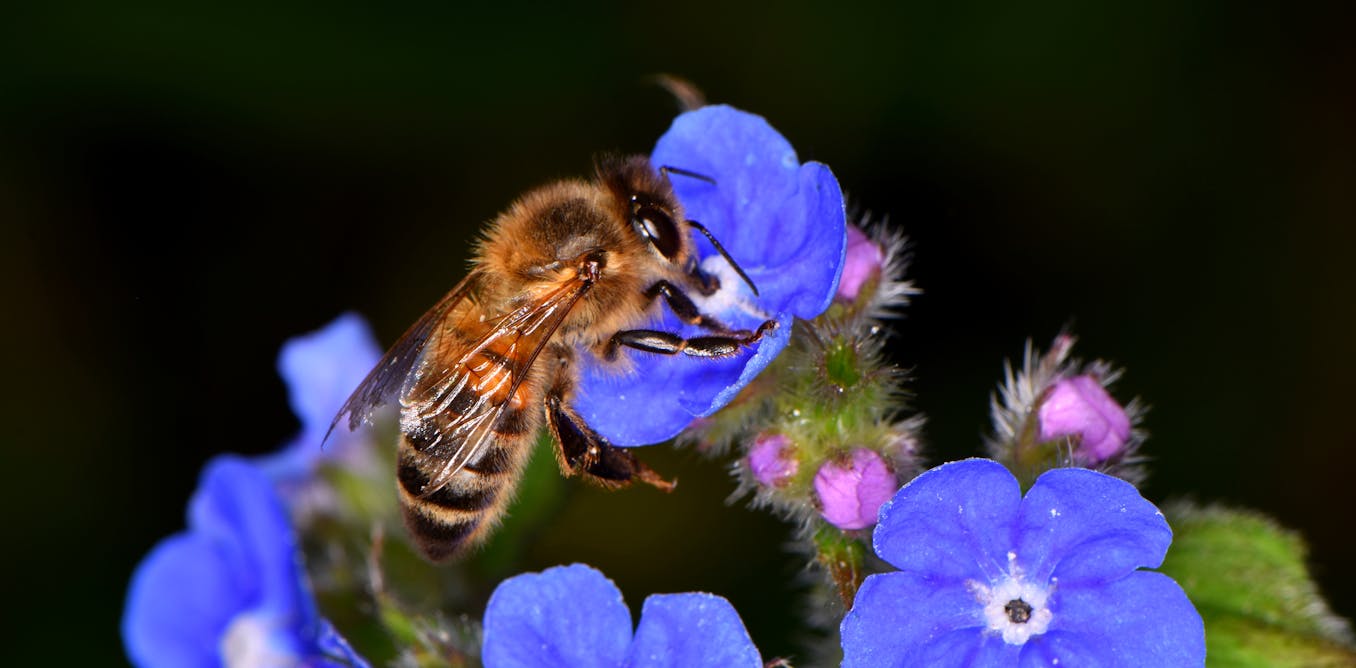When endangered species recover, humans may need to make room for them – and it's not always easy
It’s usually good news when a once-scarce species starts to recover – unless it starts getting in humans’ way. An ecologist explains how science can help predict unwelcome encounters.
Jan. 6, 2022 • ~9 min









